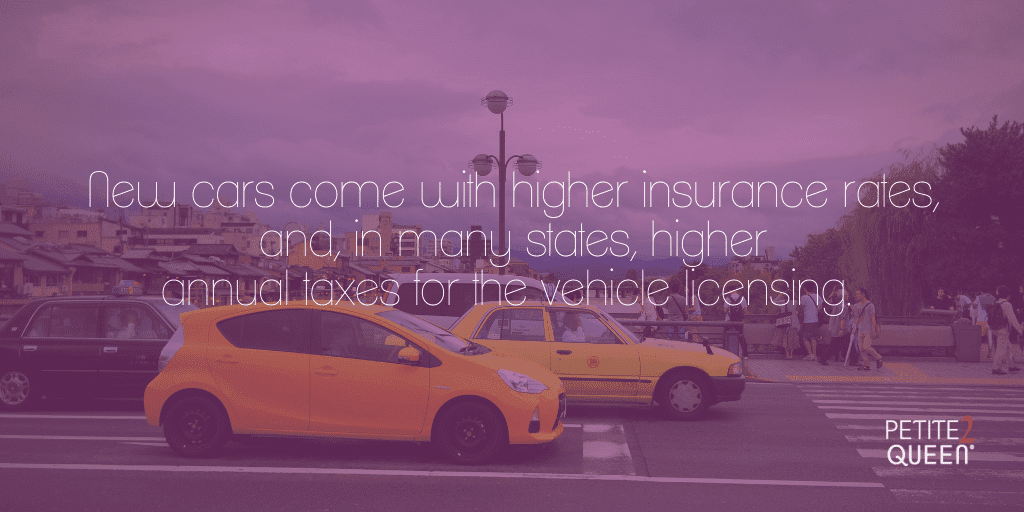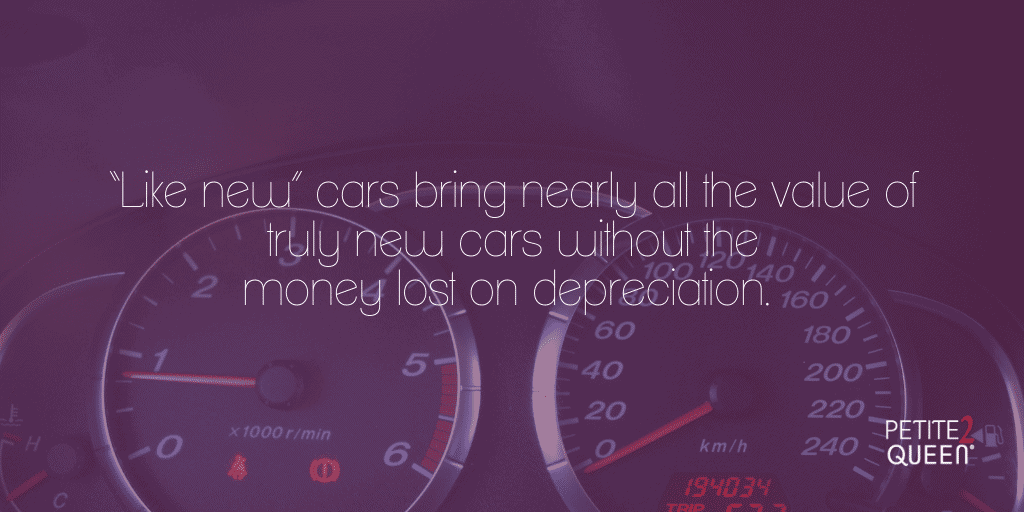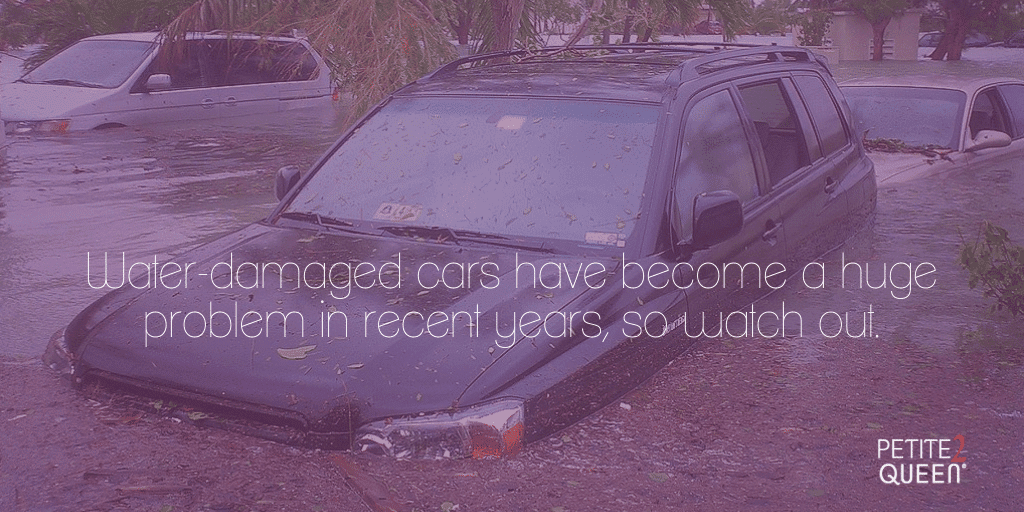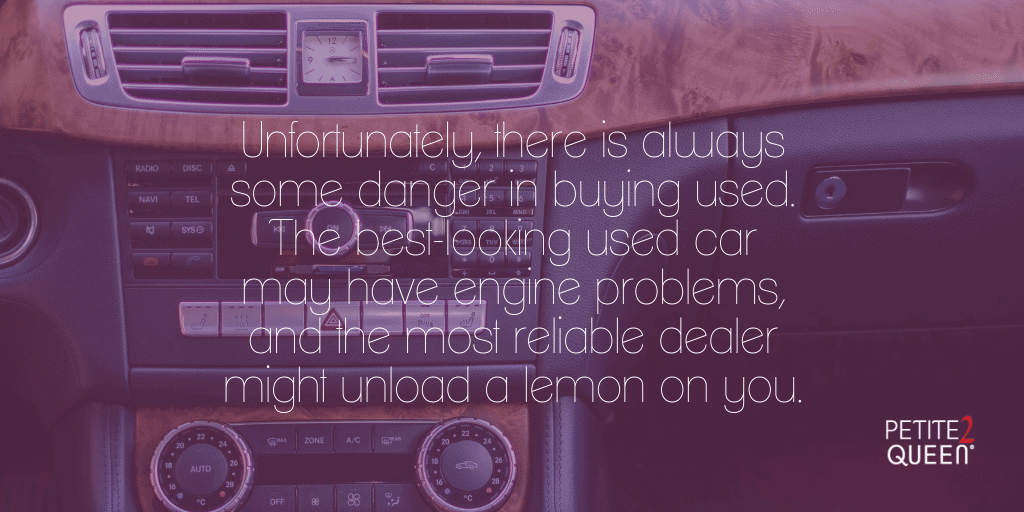Is there a more intimidating shopping experience than buying a car?
Considering that most of us will buy a car in our lifetime, the stress that many feel towards the purchase is extreme. But does it have to be? This three-part series talks about how to research your car-buying, how to have the best experience at a dealership, and how to decide whether new or used is the way to go with a vehicle.
Probably the biggest determining factor in the price of a car is whether it is new or used. That makes your own decision about getting a new or used car of utmost importance throughout the purchasing process. Both have pluses and minuses, so it will be up to you to determine the best choice.
The Joys of Buying New
Shiny exteriors! New car smells! Color choices! Oh my!
There are a lot of advantages to buying a new car instead of a used one. Some are superficial — like enjoying that new-car smell — while others — like reliability and safety features — are objectively important. Consideration of all of these factors will help make your decision.
Reliability is probably the biggest advantage that a new car has over all others. Presumably, any car coming directly from the factory will be in good working order, ready to drive for years with only minimal maintenance. That is important, both for your wallet and for your peace of mind. New cars also come with warranties, just in case something does go wrong. Long-term, new cars can actually save you money this way.
Another real difference between a new car and a similar-but-used car comes in the area of choice. Do you care what color your car is? How important is it to you to choose all of the features of the car? Can you only be happy with a particular make and model?
If you find that you need lots of specific choices, you probably want to think seriously about a new car. Sure, you might what you want used, but that is never a given.
The Sorrows of Buying New
There is one huge disadvantage to new cars: They cost a lot of money. Moreover, they depreciate in value – by about 10% – the moment you drive them off the lot. Even if you were to sell the car right away, that’s significant money lost.
While new-car prices can vary, you will necessarily be looking at many thousands of dollars in price. That is far more than many of us can afford in cash, and the financing of a new car can be a serious strain on anyone’s budget. Furthermore, if, for any reason, you want or need to sell your new car within the first couple of years after buying, you may well find yourself upside down. You’d likely still owe more on the car than you can sell it for.
Another disadvantage to consider is the collateral effect on your budget. New cars come with higher insurance rates, and, in many states, higher annual taxes for the vehicle licensing. Some newer vehicles require high performance fuel, which is more expensive. Consider your total cost of ownership carefully so you’re prepared for the hit to your monthly and annual budget.
You may want a new car, but the price can be enough to keep that desire away.
The Joys of Buying Used
This is where used cars often come into the picture. A car is needed, but the buyer does not have the resources for an expensive new car. “Like new” cars bring nearly all the value of truly new cars without the money lost on depreciation. Older used cars are often even more affordable. Flexibility in prices and a wide variety of car options make buying used a great choice for lots of people.
It does not even have to be a scary prospect. While the stereotype of the used-car dealer exists for a reason, most people selling used cars are as reliable and honest as any salesperson. Nearly all new car dealerships sell used cars, and there are many online resources that specialize in used car purchases. Dealerships’ business often relies on word-of-mouth and online review, so they have a vested interest in making you happy with your car purchase for as long as possible.
Many dealers also offer guaranteed used cars. These vehicles, while technically used, are in great condition and should drive as well as any new car. In these cases, dealers will offer warranties on the function of the car, and the visual appearance will be in great shape. Sharp discounts off expensive new-car prices often mean that this type of used car can be the perfect compromise for a buyer.
The Sorrows of Buying Used
Unfortunately, there is always some danger in buying used. The best-looking used car may have engine problems, and the most reliable dealer might unload a lemon on you. Even if the vehicle appeared to be in great shape when you bought it, used car parts might actually be close to wearing out or simply lacking regular maintenance, leading to expensive repairs. Water-damaged cars have become a huge problem in recent years, so watch out.
These problems can affect any vehicle, but newly purchased used cars are often the most worrisome: So-called “lemon laws” typically apply only to new cars with defects, leaving the buyer of a problematic used car without much recourse. To combat this, be extra-careful with paperwork. Research the car with a reliable source, such as Carfax, before your purchase, and use the internet to make an informed decision. Furthermore, it’s a good idea to pay for an independent certified car repair service to fully inspect the car before the sale is final. Know the terms of your purchase and the details of any warranty you were able to get for the car.
Long-term repair costs can be a big issue with any used car. While the purchase price might be low, you could be looking at expensive repairs in a short amount of time. I ran into this with my very first car, several years ago. I had gotten an amazing deal on it — only $900 from a friend moving overseas — and thought I was set. But that was before repairs were needed on the brakes. Then, I needed to get the suspension fixed. Within 18 months of buying the car, I spent almost $2000 on repairs, far more than the initial cost!
To Buy New or to Buy Used, That Is the Question
So, should you buy a new car or should you go with a used one? The answer will be different, depending on your individual wants and needs. Do you have the money now to buy a new car? How will this affect your other costs, like insurance rates? If you save money and get a used car, will you have the funds to pay for repairs later? Really consider the costs – from car price to budgeting for insurance and repairs – but also consider other differences between your options. Is it more important to choose car features or to get a good deal?
Take some time to do your research and to think about what is really important to you in a car purchase. Some people prefer to buy only used cars throughout the years, while others swear by buying new. Knowing your own opinion will help in your decision, making your car-buying experience a positive one!
This concludes our three-part series on How to Buy a Car. In case you missed it, check out Part 1: “Research is Your Friend” and Part 2: “An Edge When it’s Time to Buy” before getting your next new or used car.
Petite2Queen provides virtual mentoring to young women in life, at work, and in sales. Follow us for more practical advice you can put to use to improve your life and career.
Laurel Brown is a writer and social-media expert. Ridiculously over-educated, she has an undergraduate degree in astrophysics from Colgate University and graduate degrees in Middle Eastern studies from Columbia University. When not playing professor or interviewing Hollywood celebrities for online publications, Laurel’s career included a stint in marketing at a Fortune 500 company. She is now pursuing a law degree in an attempt to become a true Renaissance woman.





